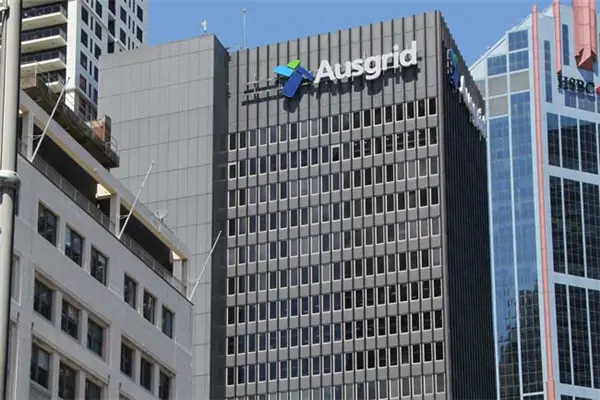Around 1.4 million residents returning to their homes in the war-ravaged Iraqi city of Mosul are battling to create an economic opportunity from eight million tons of debris created by conflict.
It will take months, and cost more than 250 million US dollars to truck the debris, mostly concrete and metal scraps, 10 km away from Mosul, estimated the United Nations Environment Programme (UNEP).
The risky exercise will lead to air pollution, choking a city that has already suffered chemical contamination from things like the burning of a 50,000 ton stockpile of sulfur during the conflict.
The city caught in the midst of intense fighting between Islamic State in Iraq and the Levant (ISIL) and security forces for several months was liberated last July.
UNEP manager Hassan Partow claimed that almost nine months since the liberation of the city, the time has come to plan debris removal in a structured manner to ensure that it is done correctly.
“This not only makes economic sense. It is also important as unplanned disposal of debris can create serious health and environmental risks and burdensome economic liabilities in the future,” said Partow.
Urban development experts and local municipalities working to revive the city's infrastructure have initiated steps to come up with an economic model to reduce the cost of rubble removal and boost rebuilding work.
Satellite images estimate about 75 percent of the debris and the possibility of unexploded bombs are still lying on the right bank of the Tigris River in western Mosul.
The rest of the rubble is spread out over the eastern part of the city which suffered significantly less intensive fighting. The town, in the first stage, is reviving water and sanitation, electricity supply, health, transport and municipal services.
Workers remove rubble during the reconstruction of a building destroyed during fighting between Iraqi forces and Islamic state fighters, eastern Mosul, Iraq, April 21, 2017.
The municipality of Mosul, along with UN Mine Action Service, International Organization for Migration, UNESCO and GIZ are working on a plan to recycle concrete and metal scrap for sustainable rebuilding and creating livelihood opportunity for locals.
Together, they have agreed to prepare a city-wide debris management master plan whose development would be led by the municipality.
The plan will enable environmentally-sensitive disposal and recycling of debris which is key to ensuring that residents can return to the city and rebuild their homes and livelihoods in a sustainable way, said the UN in a statement.
“Indeed, recycling can offer important livelihood opportunities for the thousands of returnees who are struggling to survive,” Dr Suhaib Al-Darzi, head of the University of Mosul’s Engineering Consulting Bureau maintained.
The Iraqi government has sought a financial aid package of 88 billion US dollars to reconstruct the war-ravaged country. Funds are slowly trickling in; last year the World Bank approved a 400 million US dollar financial assistance package to support the recovery, and reconstruction of Mosul and newly liberated areas.
Mosul’s rebuilding is likely to become an example for the reconstruction of other war-ravaged cities including Aleppo, Donetsk, Gaza, Kabul, and Mogadishu.
International Committee for the Red Cross president Peter Maurer pointed out in a keynote speech that today's armed conflicts look entirely different: city centers and residential areas have become the battlefields of our time. “Wars have moved into the lives, cities, and homes of ordinary people in a more vicious way than ever before.”
(CGTN)
 简体中文
简体中文

